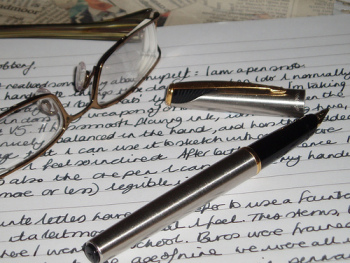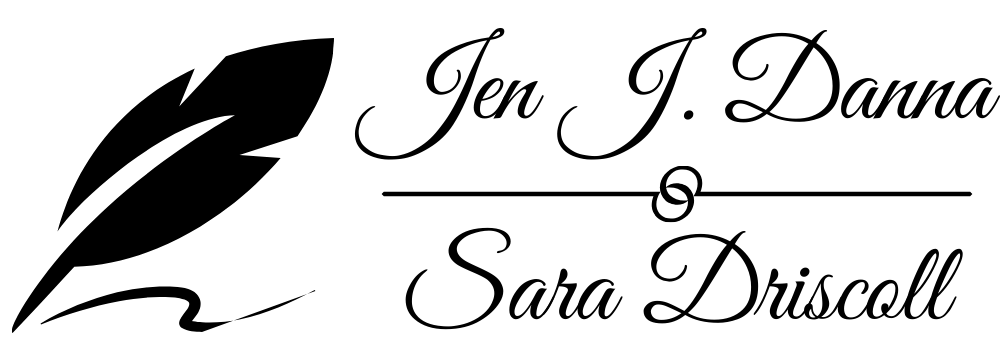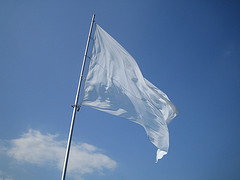Creative License ― How Much Is Too Much?
/ The writing that Ann and I do together is known for its realistic edge ― from the forensic science to professional roles to locations, it’s all highly researched and portrayed as it exists in real life. So it was a shock to find out during my recent trip to Boston that the professional duties of one of the characters we portrayed in our series was, in reality, quite different from what we had written. More than that, this new information impacted the core case of the novel from a forensic standpoint. This left Ann and I with quite a dilemma ― do we rewrite our manuscript around this new information, or do we use creative license to ignore it?
The writing that Ann and I do together is known for its realistic edge ― from the forensic science to professional roles to locations, it’s all highly researched and portrayed as it exists in real life. So it was a shock to find out during my recent trip to Boston that the professional duties of one of the characters we portrayed in our series was, in reality, quite different from what we had written. More than that, this new information impacted the core case of the novel from a forensic standpoint. This left Ann and I with quite a dilemma ― do we rewrite our manuscript around this new information, or do we use creative license to ignore it?
The Mirriam-Webster dictionary defines creative license as a “deviation from fact, form, or rule by an artist or writer for the sake of the effect gained”. Those writers who write fantasy have the advantage of never needing to use creative license because they can alter reality as it suits them during the worldbuilding stage of their process. But for those of us who try to portray reality as accurately as possible, creative license is almost a four-letter word. Because of our intention to write about local forensic and law enforcement processes as they actually occur, this was a huge stumbling block for us.
What we had written was actually correct… for any other state except Massachusetts, it seems. We had done our research and knew the facts, but this was a matter of local budgets butting up against the scientific process. In this case, the budgets won. From the standpoint of someone standing on the outside looking in, I can only wonder how many convictions are lost because budgetary restrictions allow reasonable doubt to form in the mind of the jurors. I’m betting it’s quite a few.
In the end, it was my agent Nicole who suggested the best work-around for this issue, one that used only a minimum of creative license. Her solution not only brought to light the reality of the situation but also put a twist on it, so we can still use what we had already written. It also allows us the latitude to continue as we had planned concerning this character in our continuing series. Let's hear it for teamwork!
How do you use creative license in your writing? Do you consider it a godsend or a necessary evil only to be used when you have no other choice? I’d love to hear your thoughts on it…
Photo credit: Bright Meadow




 COMPLETE!
COMPLETE! Planning
Planning